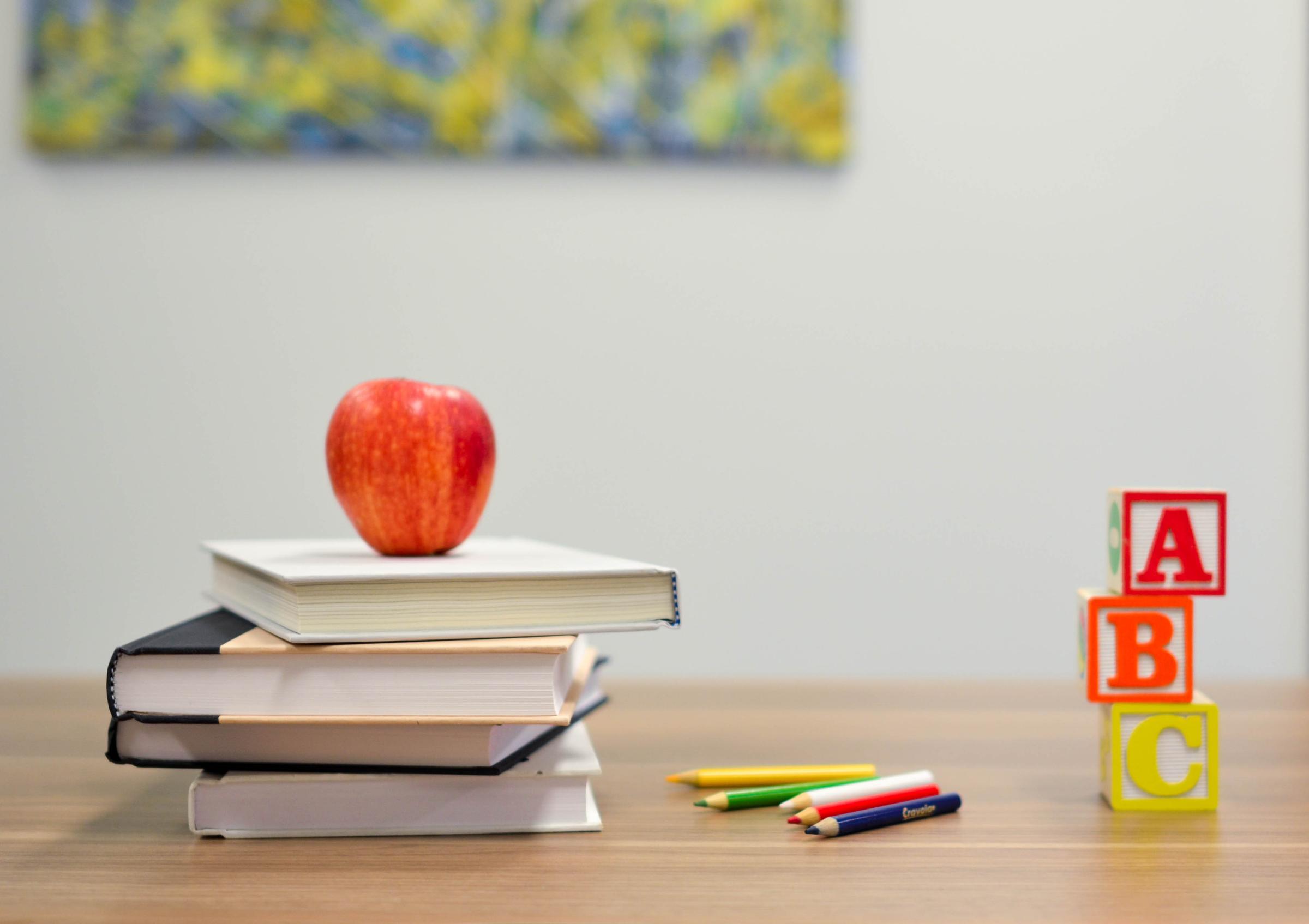Student Learning

Nationally Consistent Data Collection (NCCD)
The Nationally Consistent Collection of Data on School Students with Disability (NCCD) gives Australian schools, parents, guardians and carers, education authorities and the community information about the number of students with disability in schools and the adjustments they receive. TheAustralian Education Regulation 2013requires all schools to report the data collected for the NCCD to the Australian Government on an annual basis.
Annually, all approved authorities for schools in Australia participate in the mandated Nationally Consistent Collection of Data on school students with a disability (NCCD). Information is collected about students with disability across Australia in a consistent, reliable and systematic way.
The following student information is required:
- the student's disability category
- the level of adjustment provided
Data is collected when a student’s impairment meets the Disability Discrimination Act 1992 (DDA) broad definition of disability, including those with learning difficulties and health and mental health conditions.
This process provides us with a nationally comparable set of data to inform improved practices within South Australia and nationally, to support the participation of all students with disability in education on the same basis as those without disability.
The NCCD is used as the basis for determining national funding for students with disability. Education department schools are required to submit quality data to ensure the department is allocated appropriate funding to support these students.
2022 Phonics screening check information
Reading to your children frequently has a positive effect on how well they do at school. Reading a wide range of books adds to your child’s knowledge of the world and helps them develop a deeper understanding of words and language, particularly if you talk together about what you are reading. Most children start school with some understanding of reading. Some can already read. Children who understand the relationship between letters and sounds—known as ‘phonics’—will be at an advantage. Phonics is vital in learning to read. Some children struggle with learning to read. It is important that these children are quickly identified so that teachers can plan for any specific support they may need. When this is done early, children have the best possible chance in life and learning.
The phonics screening check is a short, simple assessment that tells teachers how students are progressing in phonics. It takes only 5–7 minutes and is carried out by Year 1 classroom teachers with each student individually. Teachers then analyse the results and, if necessary, plan for any additional support that students might require. The phonics screening check was developed in the United Kingdom and the South Australian Department for Education trialled it in 2017 in 56 schools. The trial showed that not only did children enjoy it, but that it was straight forward to do. Principals and teachers thought the check had the potential to improve phonics teaching. They were right. The phonics screening check is given to each year 1 student in government schools. Each year the percentage of year 1 students gaining mastery of phonics has improved since 2017. All Year 1 students in government schools will undertake the check in August 2022. To ensure high quality and consistency, Year 1 teachers and school leaders have been trained to use the phonics screening check. The Department for Education is supporting schools with resources to undertake the assessment and to follow up with students who need additional support. The phonics screening check is updated each year. This means that students are checked with a different set of words to those used in the previous year. Phonics screening check materials are also made available to Catholic and Independent schools in South Australia. The phonics screening check is one important element of the Government of South Australia’s Literacy Guarantee, ensuring that all students have the best possible start in reading. The Literacy Guarantee is central to the improvement of literacy and numeracy for all students.
Reading at home
